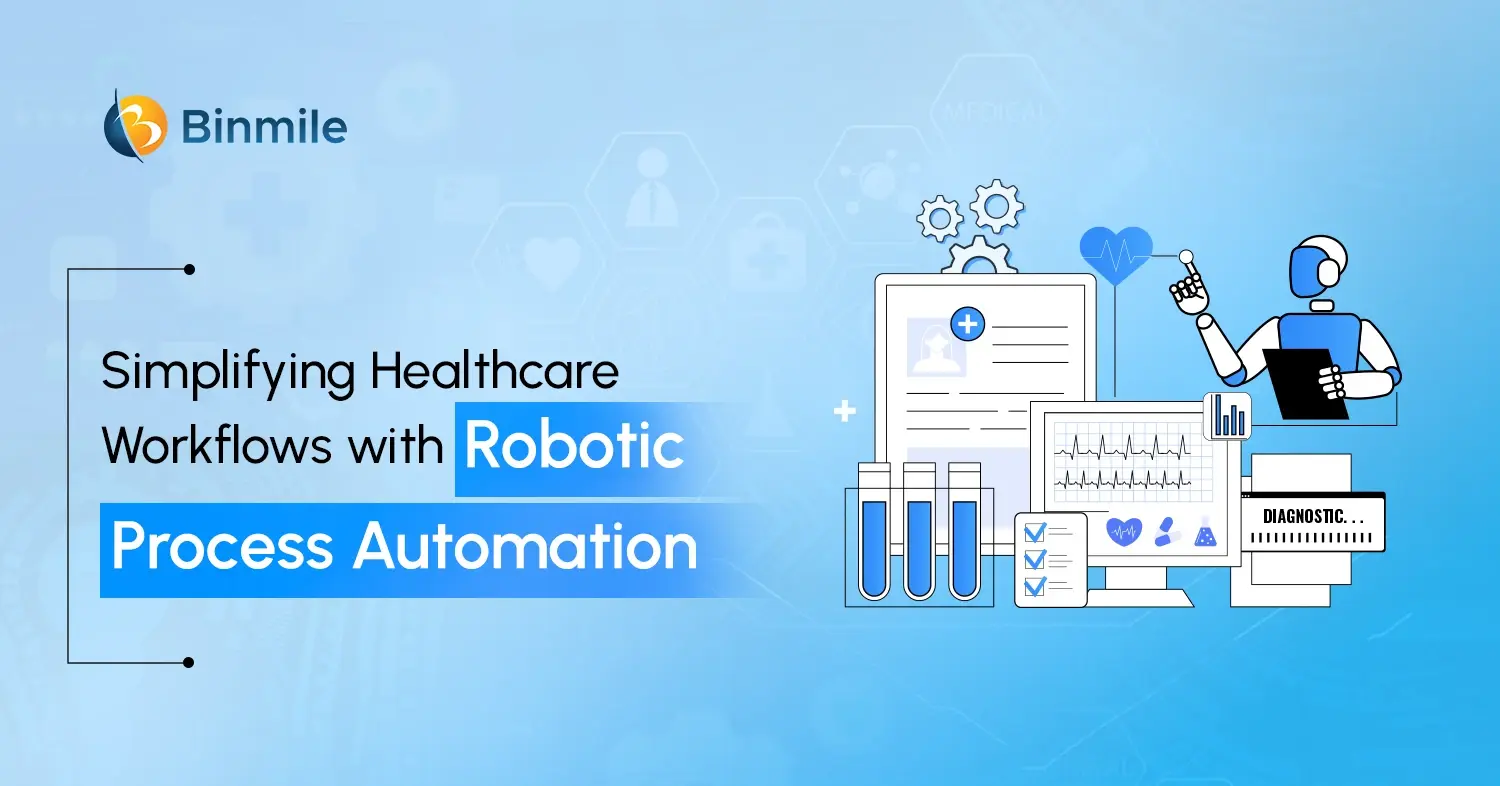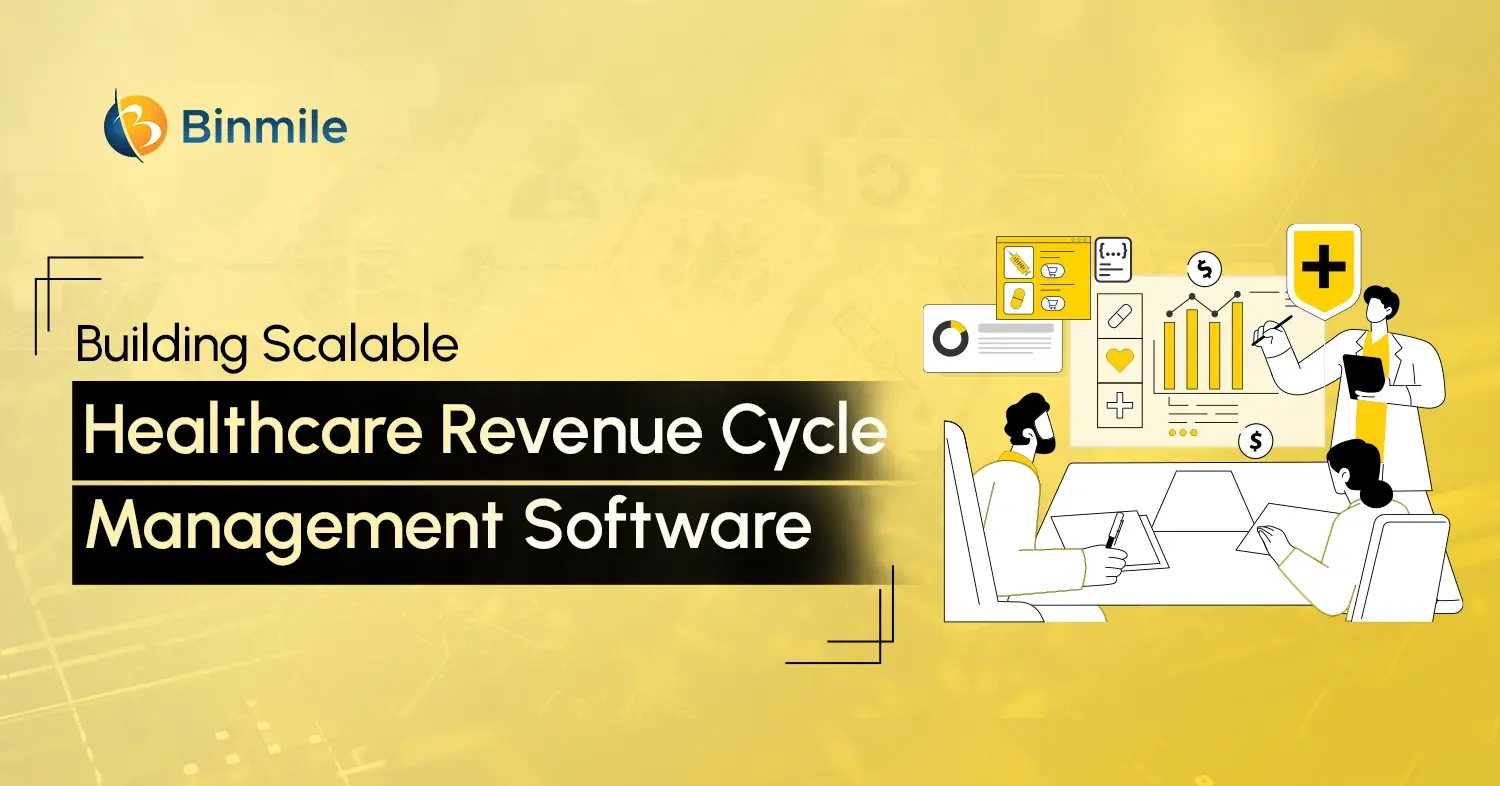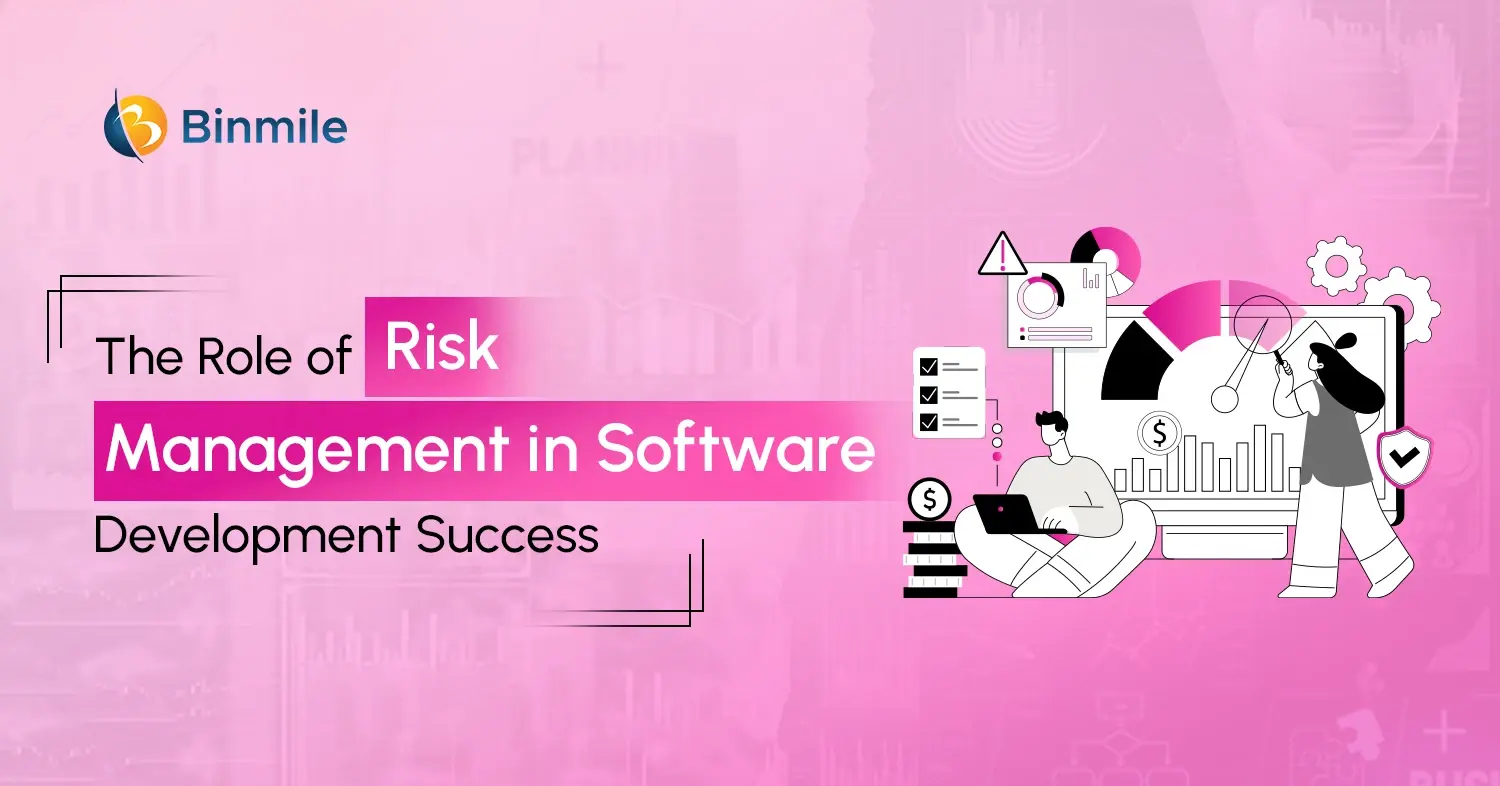Efficiency and accuracy are crucial factors that help the finance and accounting industry and help organizations run their day-to-day business processes. To achieve this high-performing accounting system becomes difficult with financial data growing more complex. Therefore, to adapt to such complex and at times sensitive data, businesses are looking beyond spreadsheet accounting. Embracing accounting software development is the way ahead. As a software, accounting software helps you overlook core financial operations and data, so it’s important to choose accounting software development with the right features for your company.
However, what is accounting software? As a tool, it helps organizations assist your finance team in recording and reporting a firm’s financial transactions and helps you understand the influx of money in your business and analyze its financial situation. To ensure that you’ve got a custom software solution that saves time, effort, and cost, you would need to require an effective software development service. Therefore, let’s help you with key aspects of accounting software development, discuss factors that impact your software development cost, and share best practices for creating a successful accounting solution.
Robust Accounting Software Development 101: Step-by-Step Guide, Cost & Features
Building high-performing and quality accounting software demands careful planning, research, and execution. So, let’s look at easy 5 steps to build custom accounting software that meets your business needs and boosts user experience:

1. Requirements Gathering and Analysis
To assess needs in the several departments, conduct thorough surveys or interviews with stakeholders. Additionally, record accounting processes to track them, and determine the distinctive elements, and the necessities for the software’s assimilation. This involves analyzing the present problems and the changes or enhancements that are hoped to be achieved, along with determining your industry’s compliance and security needs.
2. Effective Design and Planning
Create an advanced software architecture for architecture, hardware, operating systems, programming, communications, and security issues. Develop a project timeline with clear milestones, also consider a budget, resource allocation plan, and proper technologies that can be suitable for your project needs. A good software development plan and design framework helps create direction by defining objectives and preventing scope creep.
3. Focus on Development and Coding
Both components, while coding involve implementing the set of instructions in a form that a machine understands and in an optimal way, and development is about delivering a proper product and maintaining it. Thus, install the development environment, implement version control, and build core accounting features stepwise as well as the integration capabilities. Take extra measures to ensure coding is of high quality, therefore perform code review and unit testing from time to time. This ensures not only your software abides by code of conduct and also maintains the documentation of the process is well done.
4. Testing and Quality Assurance
To ensure high-quality software products, software testing services are a crucial step. Perform testing such as unit, integration, and system testing, or get the stakeholders to perform the user acceptance testing. This also helps you ensure the software is error-free, meets the needs of users, and follows existing accounting standard compliances to find any flaws and correct them before the final deployment.
5. Set-Up Monitoring & Ongoing Support
Establish and execute migration of data from other systems in the organization. Once you deploy the software, keep tracking its performance, identify issues early, minimize downtime, and improve the overall performance of your software. Moreover, set up a support system for user queries and issues, have training and documentation for common user queries and or problems, and focus on the kind of feedback that will be beneficial in the future.
Streamline your accounting processes with custom software. Let’s discuss how Binmile can help optimize your financial workflows.

Factors Influencing Accounting Software Development Cost: A Comprehensive Breakdown
| Factors | Cost |
|---|---|
| Complexity of Features | Basic features: $10,000 – $30,000 Advanced features: $30,000 – $100,000+ |
| Integration Requirements | Simple integrations: $5,000 – $15,000 Complex integrations: $20,000 – $50,000+ |
| User Interface & Experience Design | Basic UI/UX: $5,000 – $15,000 Custom, highly intuitive design: $20,000 – $50,000+ |
| Security and Compliance | Standard security measures: $10,000 – $20,000 Advanced security & industry-specific compliance: $30,000 – $100,000+ |
| Scalability and Performance | Small business solution: $20,000 – $50,000 Enterprise-level & high-performance system: $100,000 – $500,000+ |
| Maintenance and Support | Basic support package: $1,000 – $5,000 per month Comprehensive maintenance: $5,000 – $20,000+ per month |
Several factors may impact your custom accounting software development cost but on average, the software development cost can be as low as $30,000 or as high as $100,000. So, let’s understand what are these factors.
1. Complexity of Features
The range and complexities of features directly impact development costs. Basic features like general ledger, accounts payable, and accounts receivable are essential for any accounting software. More complex features often require intricate logic and calculations, increasing the overall complexity of the software.
- Basic features: $10,000 – $30,000
- Advanced features: $30,000 – $100,000+
2. Integration Requirements
Most businesses use multiple software systems, and the accounting software often needs to integrate with these. Simple integrations might involve connecting with a single payment gateway or importing data from a basic CRM. Whereas the more integrations required, the more complex they are, and the higher the development cost.
- Simple integrations: $5,000 – $15,000
- Complex integrations: $20,000 – $50,000+
3. User Interface & Experience Design
One of the essential factors to boost user experience and smooth functioning but what kind of design or user experience you want influences the software development cost. So, a basic UI might be functional but not particularly user-friendly or attractive and is lower in the cost range. On the other hand, a custom, highly intuitive design requires more time and expertise to develop, thus higher on the budget end.
- Basic UI/UX: $5,000 – $15,000
- Custom, highly intuitive design: $20,000 – $50,000+
4. Security and Compliance
Accounting software deals with sensitive financial data, making security a critical factor. Basic security measures include user authentication and data encryption and aren’t too heavy on the budget. However, implementing advanced security features and ensuring compliance with these standards can significantly increase development costs.
- Standard security measures: $10,000 – $20,000
- Advanced security & industry-specific compliance: $30,000 – $100,000+
5. Scalability and Performance
The software’s ability to handle growing amounts of data and users without compromising performance is crucial. A solution designed for a small business with a few users will be less expensive to develop than an enterprise-level system that needs to handle millions of transactions and hundreds of concurrent users. Scalability often involves more complex architecture and database design, as well as performance optimization.
- Small business solution: $20,000 – $50,000
- Enterprise-level & high-performance system: $100,000 – $500,000+
6. Maintenance and Support
To keep the software running smoothly and up-to-date, ongoing maintenance and support are essential to keep. Therefore, basic support might include bug fixes and minor updates but a more comprehensive package with 24/7 support, regular feature enhancements, and proactive monitoring will impact the overall cost of the software over time.
- Basic support package: $1,000 – $5,000 per month
- Comprehensive maintenance: $5,000 – $20,000+ per month
# Bonus Tip:
For effective accounting software development, you don’t have to necessarily break any banks. Going the outsourcing software development services way can help you deliver top-quality software at a competitive price. However, if you want to test the waters before diving in fully with SDLC, MVP development services for your accounting software are another way. Minimum Viable product development means you’re building software at a low risk to your wallet and business that you can also test, refine, and grow step-by-step.
Also Read: Top Software Development Tools
Accounting Software Development: Essential Features for Modern Businesses
Let’s see what ideal features of accounting software can make a difference for your business and what your company needs for a smooth run:
List the Different Types of Accounting Software
There are several types of accounting software available, each catering to different business needs. Here are some common types:

1. Enterprise Accounting Software
The software allows an organization to keep tabs on financial transactions and data.
Examples:
- Xero
- NetSuite
- Microsoft Dynamics
2. Payroll Accounting Software
It’s an on-premises or cloud-based payroll software development solution designed to help organizations manage, maintain, and automate payments to employees.
Examples:
- QuickBooks
- Paycom
- ADP Run
3. Billing and Invoicing Software
It makes it easy for businesses to track projects, estimates, and invoices, and get paid on time.
Examples:
- NetSuite
- Invoiced
- Zoho Book
4. Cloud Accounting Software
It operates similarly to traditional on-premises or self-install accounting software but is hosted on remote servers, adopting a Software as a Service (SaaS) business model.
Examples:
- Xero
- Netsuite
- FreeAgent
Explore how our premier software development services accelerate your accounting operations with maximum business proficiency.

Summing Up
Undoubtedly, custom accounting software development is becoming an incremental part of your company’s toolset that automates processes and optimizes your workflow. It also ensures that businesses easily automate day-to-day accounting tasks effortlessly, while the finance team could focus on core activities. However, you need a high-performing and top-quality accounting software development to ensure that your accounting software successfully boosts efficiencies, streamlines operations, and minimizes risks.
A streamlined accounting software development service helps you create user-oriented accounting software solutions beyond simple calculations and helps you make strategic decisions backed by data-driven insights. For companies seeking to enhance their financial operations, partnering with an experienced accounting software development company can be a good choice and keep your software competitive and up-to-date in the market.
Frequently Asked Questions
To create accounting software from scratch, start by defining your requirements—such as invoicing, expense tracking, and financial reporting. Next, choose the right technology stack (e.g., Python, Java, or .NET) and design a user-friendly interface. Collaborate with an accounting software development company to ensure compliance with financial regulations and seamless integration with other systems.
Custom accounting software offers several advantages over generic solutions:
- Tailored Functionality: Designed specifically for your business processes, ensuring a perfect fit for your financial workflows.
- Better Integration: Seamlessly connects with your existing tools, such as CRM, ERP, or payroll systems, reducing manual data entry and errors.
- Enhanced Data Security: Provides greater control over data access, encryption, and compliance with industry regulations.
- Scalability: Grows with your business, allowing easy adaptation to increased transactions, new features, or additional users.
- Automation & Efficiency: Automates repetitive tasks like invoicing, tax calculations, and financial reporting, saving time and reducing errors.
- Cost-Effectiveness in the Long Run: Eliminates recurring licensing fees and unnecessary features, leading to better ROI.
- Regulatory Compliance: Ensures adherence to industry-specific tax laws and accounting standards with custom compliance features.
- Competitive Advantage: Provides real-time insights and customized reporting, helping in data-driven decision-making and business growth.
- Regulatory Compliance: Adhering to financial standards and industry regulations.
- Data Accuracy: Ensuring precise and reliable calculations.
- Integration: Seamlessly connecting with external systems and platforms.
- Security: Safeguarding sensitive information through robust protection measures.









